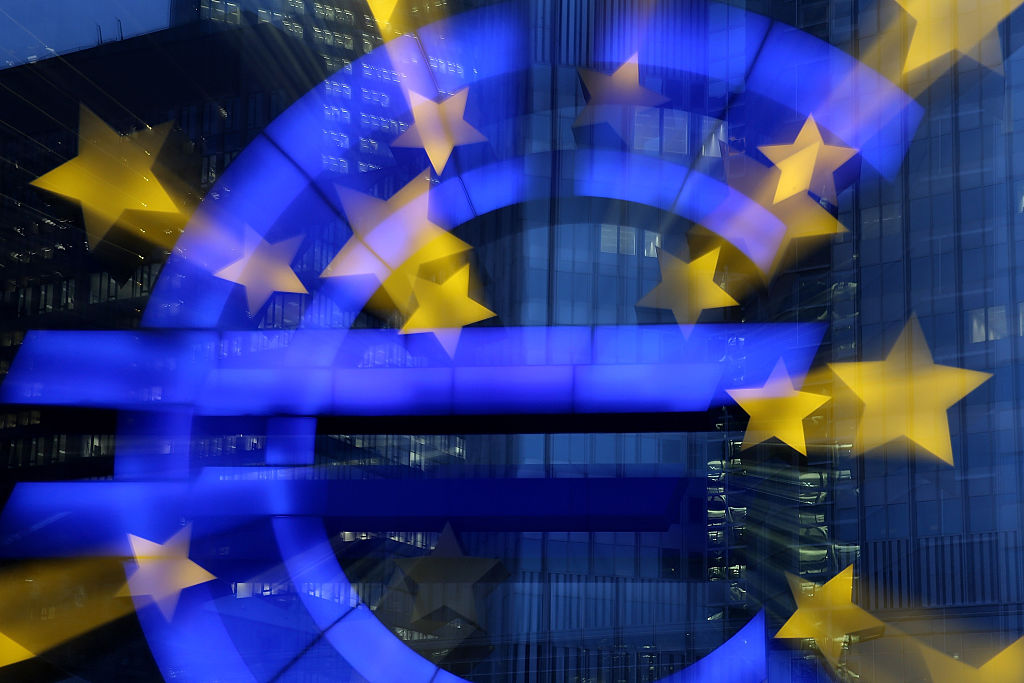The US is booming. The UK is set to grow at the fastest pace in half a century. China is expanding again at a blistering pace. Stock markets are rising. And commodity prices are racing ahead.
Across most of the world, economists are starting to worry about a runaway boom, stimulated by too much easy money. This, they fear, could easily run out of control. There is one exception, however: the eurozone. As of today, the zone is officially in a double-dip recession. The vaccine downturn has arrived. And while the consequences remain unpredictable, one thing is clear: they won’t be good.
The reality is that the eurozone was already the weakest link in the global economy
Looking at the figures from Europe out today you certainly wouldn’t guess there was a global recovery from the Covid-19 crisis underway. The eurozone reported a 0.6 per cent drop in quarter-on-quarter GDP. This follows on from a contraction of 0.7 per cent in the final three months of 2020, putting the zone into a technical recession, which is defined as two consecutive quarters of negative growth.
Germany was the worst hit of the major countries, with a 1.7 per cent fall in output. Spain was down by 0.5 per cent, and Italy by 0.4 per cent (Portugal fell by an alarming 3.3 per cent). France managed to eek out a little growth, but overall output fell for the quarter. The contrast with other regions is painful. The eurozone is now the only major bloc in the world with a double dip downturn.
Of course, it is not hard to work out what went wrong here. Output has been hit by the vaccination catastrophe. While other economies were starting to come out of the Covid-19 crisis, Europe messed up its inoculation programme so badly it had to lock down all over again, especially as new variants of Covid-19 took root.
True, it is starting to catch up. Germany vaccinated a million people in a single day this week, and France has finally managed to get above 500,000 shots in arms a day. Supplies are improving, and it will match the rest of the developed world soon. And yet the EU’s programme – which was bungled after the Commission hijacked control of health policy – meant a big delay.
We have already seen the health consequences of this. Deaths are running at 200 to 300 a day in France, Italy and Germany while they have dropped to 20-30 a day in the UK. Now the economic consequences of that are becoming clear as well.
The reality is that the eurozone was already the weakest link in the global economy. Its main members had the slowest growth rates. Its industries were struggling to remain competitive. And its debt ratios were rising off the scale.
France has overtaken Italy as the world’s third largest debtor, while Italy itself is facing trouble over its woeful debt to GDP ratio. Through the Commission’s bungling, its economy has just got smaller, its debts higher, and it has fallen even further behind the rest of the world.
What are the consequences of this? It’s hard to say. But this crisis may well mark a decisive point in the eurozone’s long-term decline.






Comments